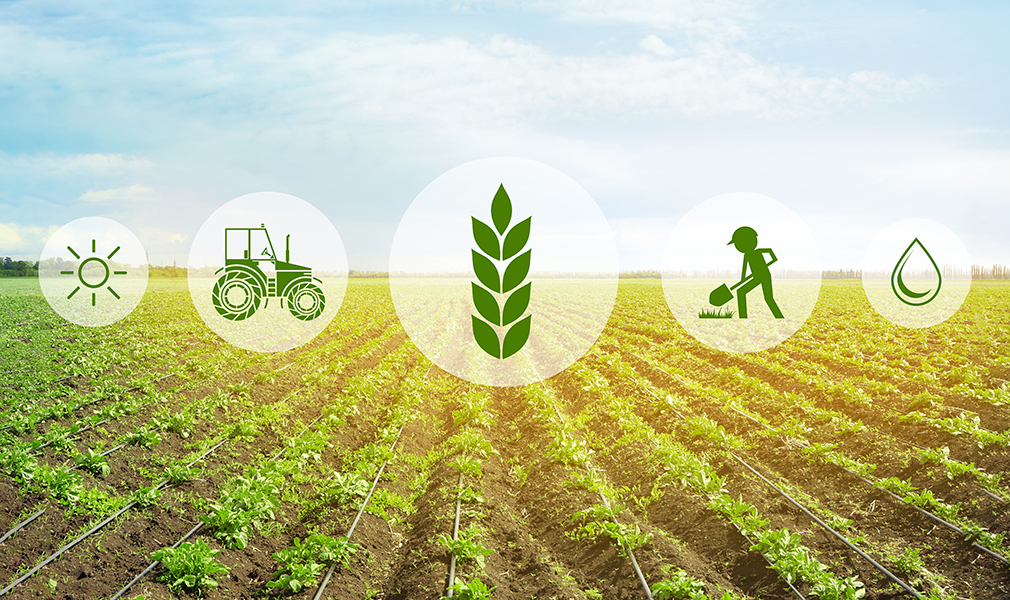A newly released GSMA report, dated July 16, 2024, underscores the significant potential of Artificial Intelligence (AI) in driving socio-economic growth in Africa, particularly within key sectors such as agriculture, energy, and climate. The report, titled “AI for Africa: Use Cases Delivering Impact,” highlights over 90 AI applications poised to generate a $2.9 trillion economic boost for the continent by 2030.
AI in Africa: Current Standing and Future Potential
Despite Africa representing only 2.5% of the global AI market, the GSMA report emphasizes the region’s capacity to harness AI to address critical challenges. However, achieving this potential requires overcoming significant barriers, including limited data centers and high technology costs.
Agriculture: The Forefront of AI Application
The agriculture sector, which employs 52% of Africa’s workforce and contributes an average of 17% to the GDP, is a major focus for AI-driven solutions. In Sub-Saharan Africa, 80% of food production is dependent on smallholder farmers who often lack access to advanced farming techniques. The GSMA report reveals that many AI applications in agriculture are centered on machine learning (ML)-enabled digital advisory services. These services offer farmers data-driven recommendations to boost yields and implement climate-smart practices.

Energy and Climate Action: AI’s Expanding Role
The energy sector in Africa faces substantial hurdles, with half of the population lacking access to electricity. AI-powered solutions are being used to improve both on-grid and off-grid infrastructure. Applications include predictive maintenance and energy access assessments, which enhance energy access and efficiency, thereby supporting broader digital development.
Climate change remains a significant threat to Africa, despite the continent contributing less than 3% of global CO2 emissions. AI is being utilized to develop early warning systems, monitor biodiversity, and manage natural resources more effectively.
Addressing Challenges to Unlock AI’s Potential
To fully leverage AI’s benefits, Africa must address several critical challenges, such as the scarcity of high-quality local data, the limited availability of data centers and computing power, and the high cost of AI technologies. The report suggests that mobile-based edge computing can help mitigate infrastructure limitations by enabling AI applications to run on smartphones.
Max Cuvellier Giacomelli, Head of Mobile for Development at the GSMA, stressed the importance of skill development, partnerships, and ethical AI frameworks to ensure Africa fully benefits from the AI revolution.
“To harness the transformative potential of AI across Africa, there needs to be a strong focus on increasing skills for both AI builders and users, especially among underserved populations. Better training programs are essential, particularly in the face of a global brain drain on AI talent. To ensure Africa doesn’t get left behind, strong partnerships are required across a broad ecosystem of partners including ‘big tech,’ NGOs, governments, and mobile operators. Policies must also evolve to address inequality, ethics, and human rights concerns in AI deployment. As African countries shape their own unique AI strategies, active engagement in global forums will be pivotal in defining regulatory frameworks that promote ethical AI development and safeguard societal interests, moving toward sustainable solutions that benefit all African communities.”
READ ALSO: AgriConnect: Four Port Harcourt Girls to Represent Nigeria in USA Technovation Challenge
Call to Action
The GSMA report advocates for increased investment in AI research, development, and deployment, along with supportive policies to create an enabling environment for AI innovation. By tackling these challenges and leveraging AI’s potential, Africa can accelerate its socio-economic development and build a more sustainable future.
The findings and recommendations in the GSMA report present a compelling case for Africa’s strategic adoption of AI, not just as a technological advancement, but as a critical component for future growth and development across the continent.




